Boils are common skin problems caused by bacterial infections. Apart from therapeutic treatment, there are several effective natural remedies for them. This story provides some information on how to treat this condition at home.
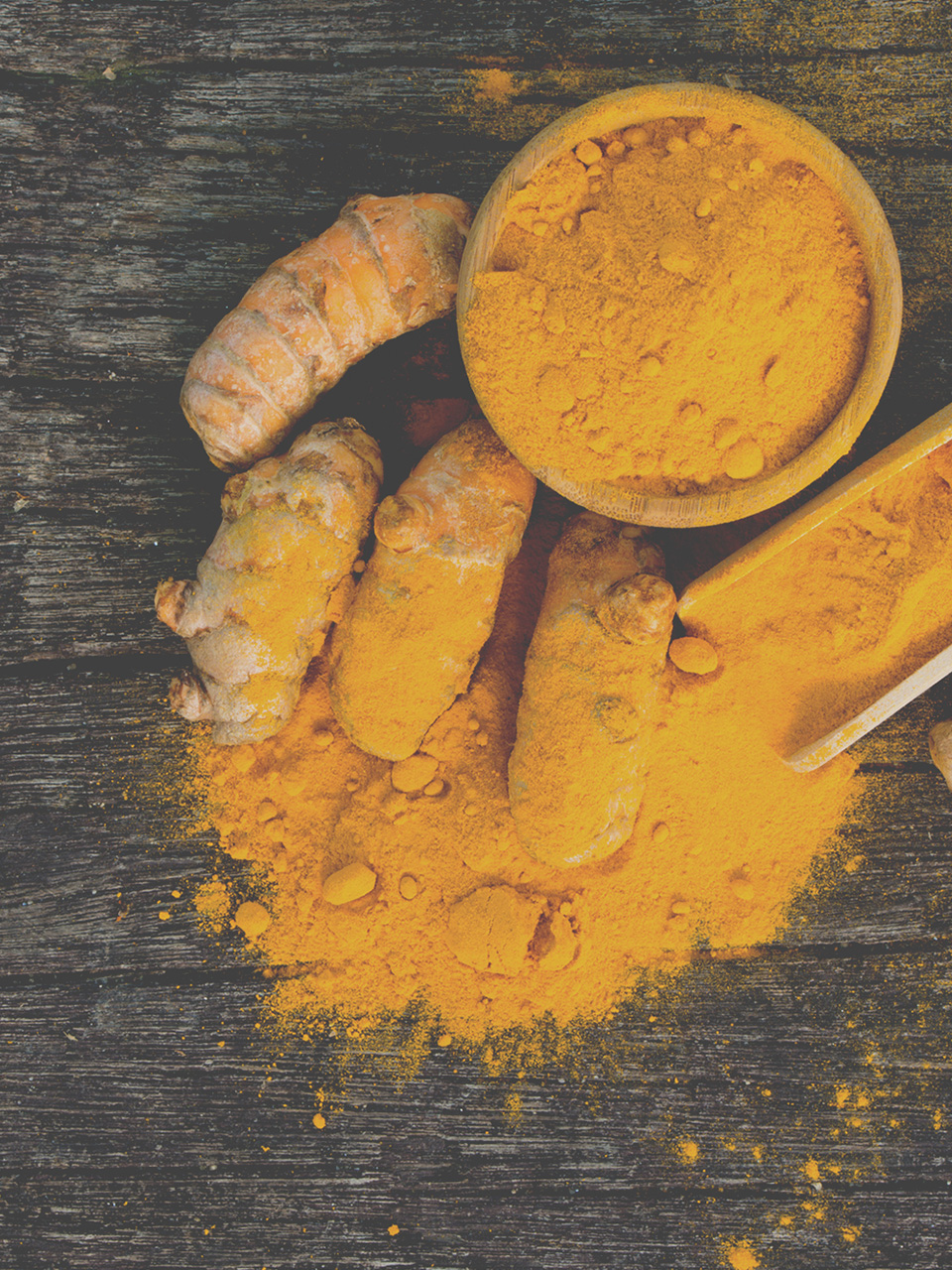
Tap to Read ➤
How to Treat Boils?
Ningthoujam Sandhyarani


Boils are common skin problems caused by bacterial infections. Apart from therapeutic treatment, there are several effective natural remedies for them. This story provides some information on how to treat this condition at home.
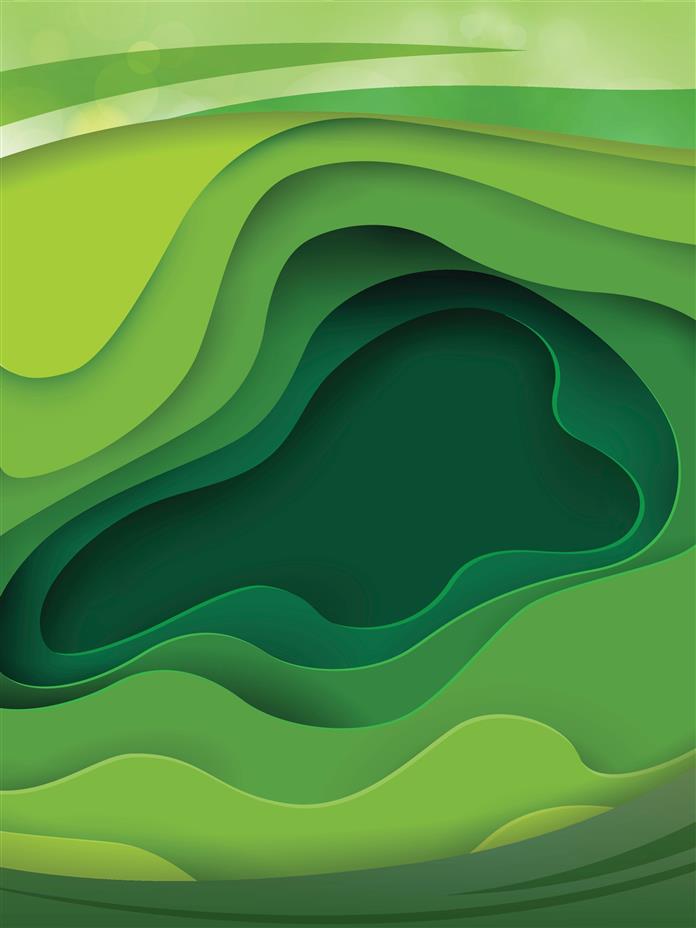
Boils are common bacterial infections that occur deep inside the skin. They are also referred to as skin abscesses. Initially, the area (where the boil develops) turns reddish and inflamed. Within a few days, it turns more tender, firm, and hard. By this time, white blood cells (WBCs) act against the infection causing bacteria, which lead to the formation of a pus-filled abscess. At this stage, the boil is soft to touch and raised from the surrounding skin area with a distinct head.

Boils can develop in any part of the skin and the course may last for 5-10 days. They can be caused by the presence of ingrown hair, lodged foreign particles, and plugged sweat glands or oil ducts in the skin, after which the bacterium strain Staphylococcus infects the area. In spite of the fact that skin boils affect our looks, they may also lead to certain complications. Hence, the treatment of boils should be done as early as possible. There are various ways to treat the same at home.

Natural Remedies
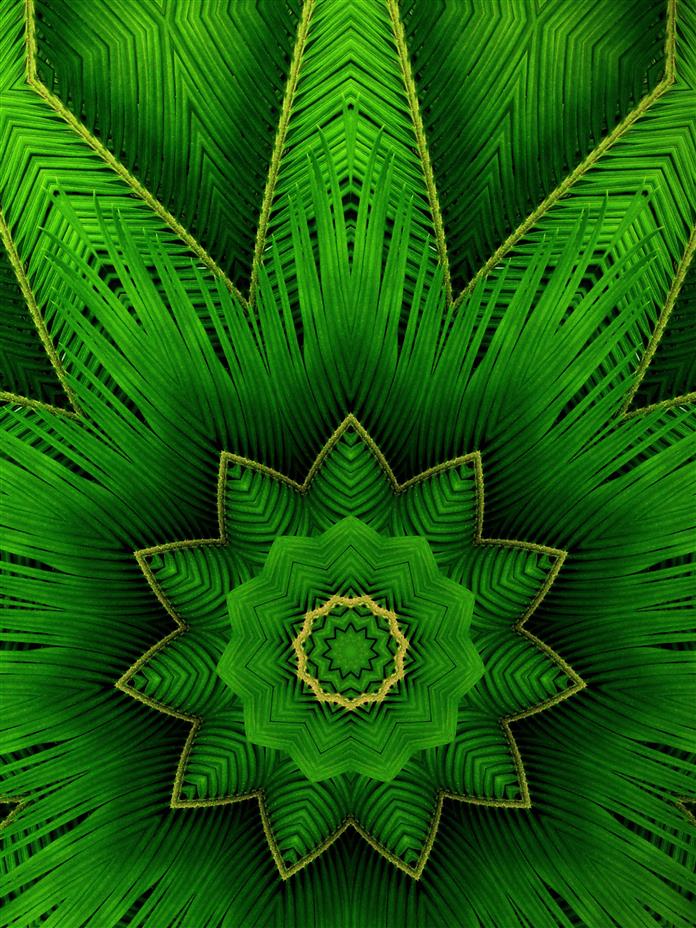
In order to avoid the unusual side effects of prescription medications for boils, you can practice healthy ways to treat this condition at home. Practicing these home remedies with proper skin care may help in quick rupturing and healing of the boils. It is also to be noted that they are contagious, hence avoid scratching them to prevent further spreading. Here are some of the effective ways to treat them at home.
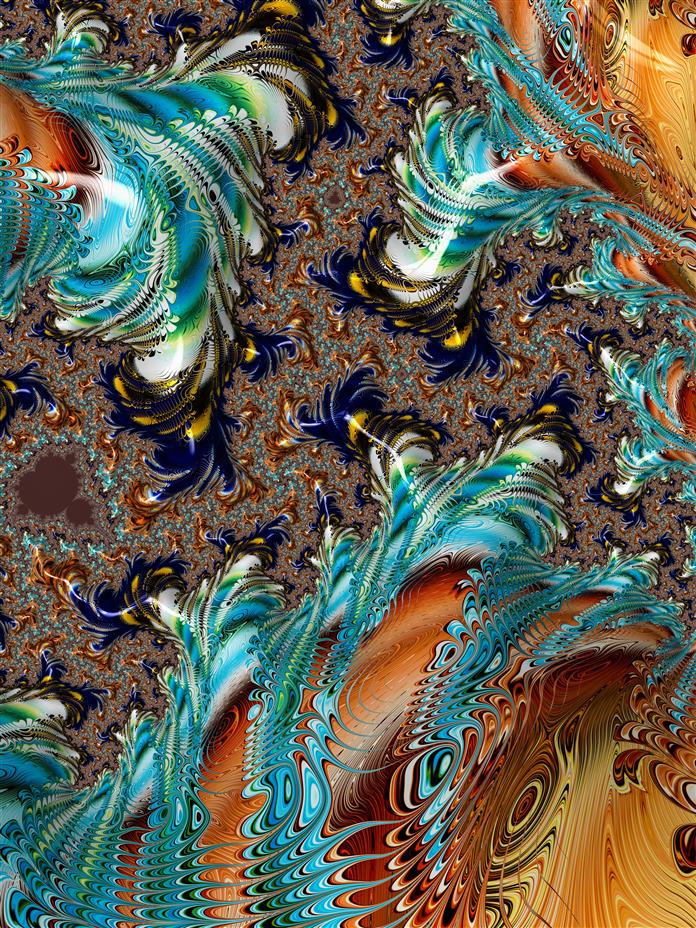
Turmeric: One of the most effective home treatments is believed to be the internal use of turmeric. The natural antibiotic and anti-inflammatory properties of turmeric help in treatment of this skin condition. Add one teaspoon of turmeric powder in a cup of water and drink it. Intake of this turmeric mixture for 2-3 times a day will result in curing this skin problem within a few days. Make sure that you drink ample amounts of water as turmeric can cause constipation.

Garlic and Onion: Both garlic and onion are considered to be the best home remedies for treating this skin problem. You can mix ½ a teaspoon each of garlic and onion juice together. Apply the mixture externally on the boils for several times a day. This will speed up the ripening process of the boils, resulting in fast rupturing and evacuation of the pus from the skin boils.

Bitter Gourd: The therapeutic property of bitter gourd for the treatment of skin disorders has been known since a long time. In order to treat them, drink one cup juice of fresh bitter gourd daily, preferably in an empty stomach. For fast disappearance of the condition, you can mix one teaspoon of lime juice in the bitter gourd juice.

Warm Water Soaking: Another effective treatment is soaking the affected area in warm water for 10-15 minutes. This will help in reducing the pain associated with the boils and at the same time, speed up the draining of the pus from them. If available, dissolve a pinch of Epsom salt in the warm water while soaking the boils. This will prevent further growth of bacteria, leading to quick healing.

Diet Plan: For effective treatment of this skin problem, a healthy and healing diet plan is necessary. The diet should include fresh and unprocessed foods along with adequate amount of fiber to maintain regular bowel movements. Promoting the immune system is necessary to hasten the boil treatment. Also, drink ample amounts of water to keep the skin hydrated and healthy.
Following the aforementioned remedies, might prove beneficial. Moreover, they pose no severe or long-term side effects, as observed in case of allopathic medications. Nevertheless, one should consult with a qualified dermatologist for very large and painful skin boils.
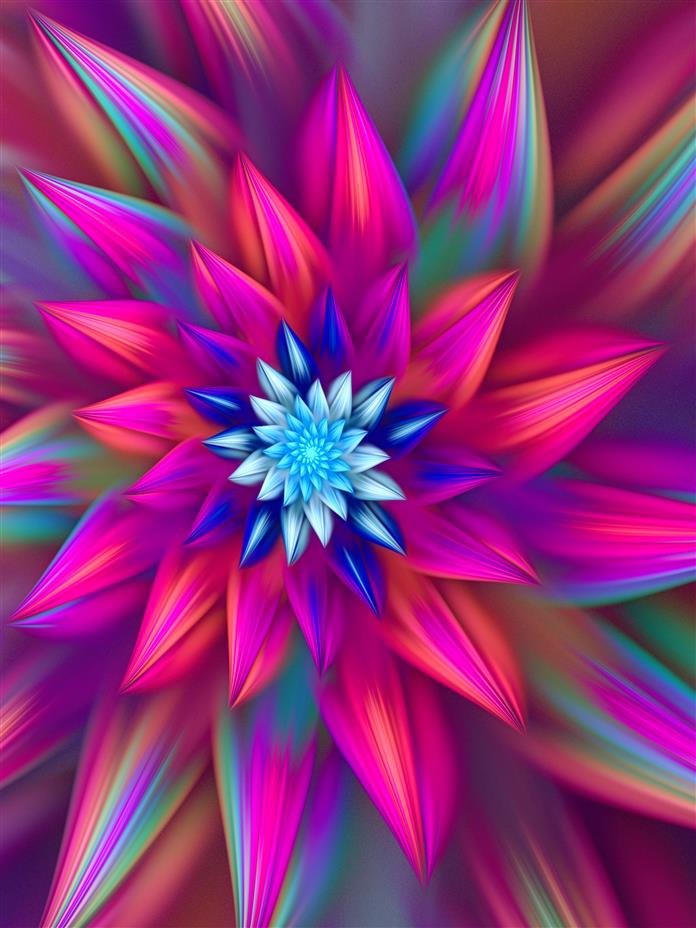
For serious cases, usage of antibiotics and therapeutic draining of the pus (if necessary) are recommended for the treatment. Always practice personal hygiene and use an antibacterial soap to clean the affected area and/or the pus, so as to prevent recurrent development of boils.

Disclaimer: This story is for informative purposes only, and should not be used as a replacement for expert medical advice.